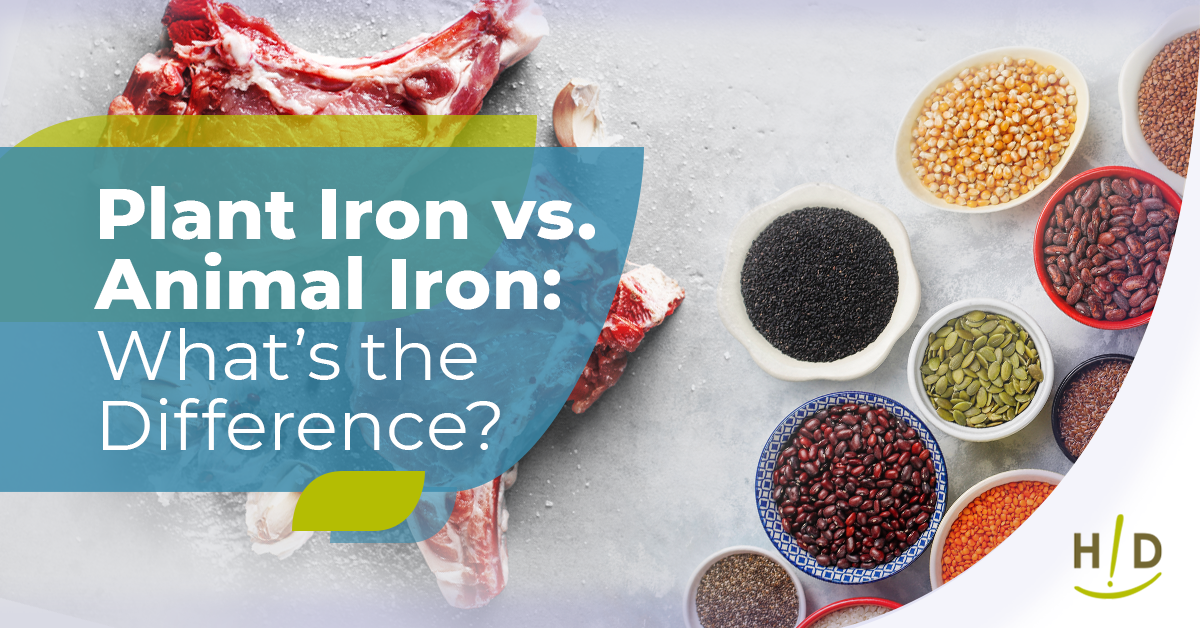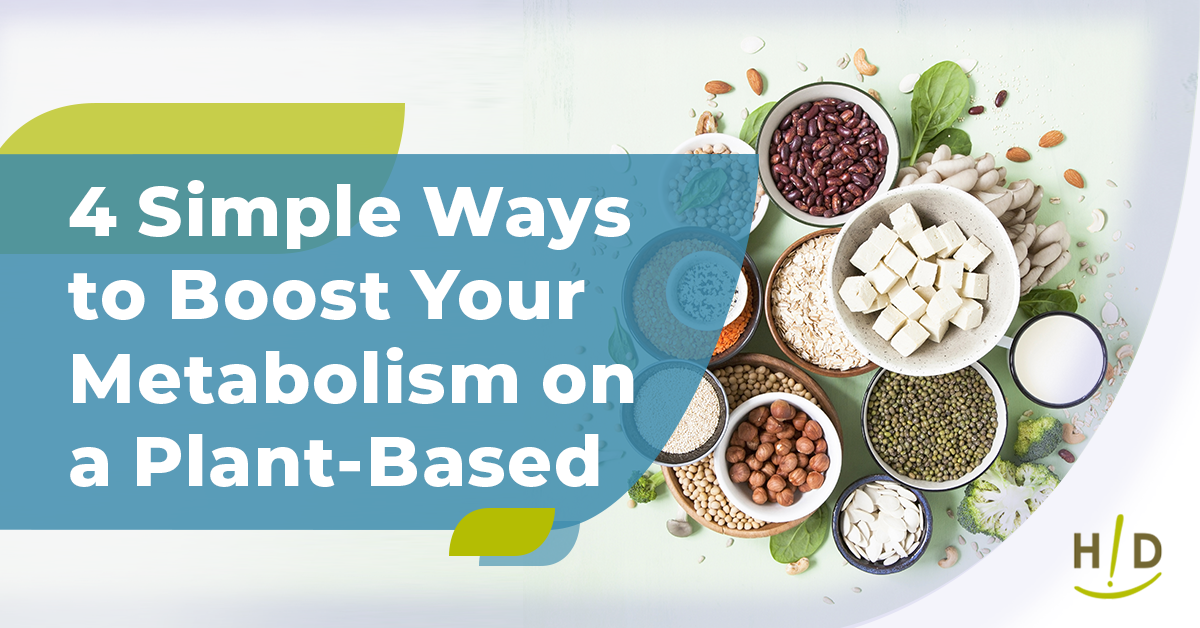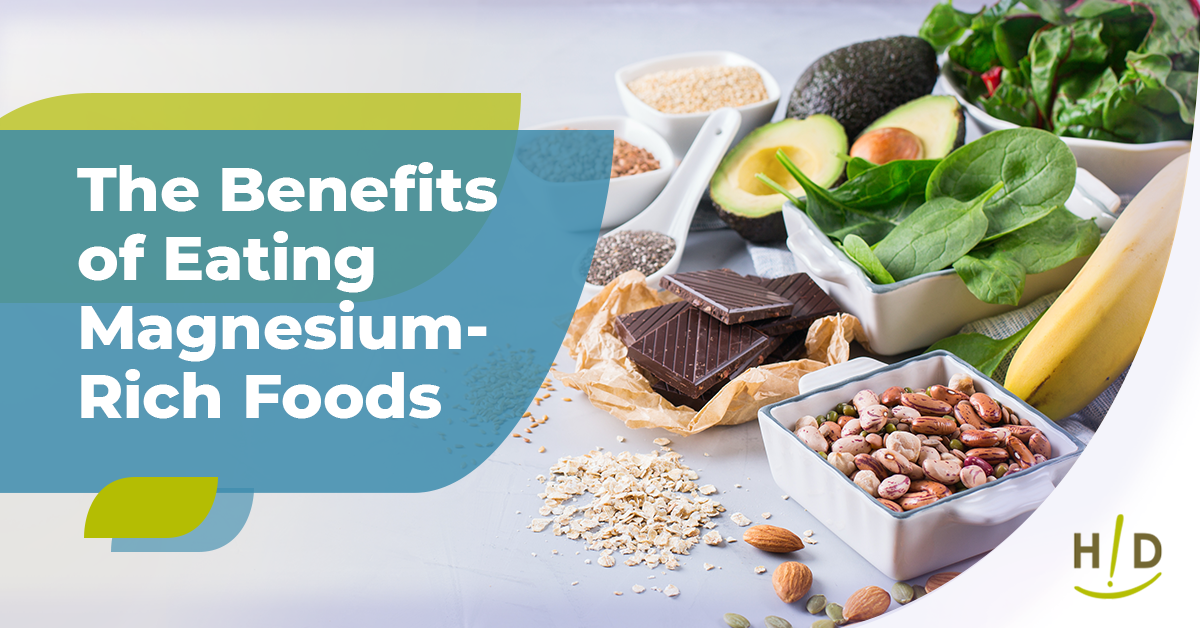Those on the fence about following a primarily raw, plant-based diet are most commonly concerned about iron deficiencies, but there's no need to be. In fact, those who refuse to eat meat and instead rely on plant-based foods receive more fiber, magnesium, vitamins and, yes, even iron, according to Nutrition Facts. Plus, those individuals don't have to worry about the harmful side effects that come with consuming animal products. But what is it that makes plant iron the better option? Let's take a closer look at some of the differences between plant and animal iron, and how it may be more beneficial to rely on a plant-based diet.
Differences Between Iron from Plants and Iron from Animals
It's easy to assume that iron only exists in meats, but there's plenty more where that came from. Non-heme iron, the kind found in plants, is the first type. Heme iron is the kind found in meats. The main difference between the two is that heme iron is absorbed faster than plant iron. While this may seem like a good thing, it could cause concern, because having too much iron in the blood - also known as hemochromatosis - is associated with heart attacks and can harm the lining of the blood vessels. This is more likely to occur when relying on meats for iron.
The second big difference is that absorption of heme iron is not regulated, while plant iron absorption is. If your body needs more iron, it absorbs more from plants. If you don't need more iron, it absorbs less plant iron. However, it will keep on absorbing heme iron, even reaching dangerous levels. But this isn't the only reason consuming meats is harmful. Animal fat that is most likely found in its flesh can block up your blood flow and lead to high blood pressure. Plus, meats are acid-forming foods and can cause stomach problems after consumption.
What is Heme Iron?
While non-heme iron is not as absorbable as heme, it can still be absorbed and contribute to overall wellness, especially if you refrain from drinking beverages like coffee, tea and wine, as they reduce iron absorption, according to Health Direct. Plus, eating raw, plant-based foods doesn't come with the blood-related chronic issues caused by consuming meats. Some of the best sources of iron are found in plant-based foods like lentils, beans, nuts, seeds, whole grains, apricots, figs, spinach, silverbeet and broccoli. Additionally, you can improve the absorption of iron in your system by eating more vitamin C-rich foods, such as citrus fruits, tomatoes, berries, kiwis and leafy green vegetables. Consider adding them to your meal, along with the iron-rich foods, for maximum absorption. You can also take a vitamin C supplement before eating for the same effect.
As you can see, following a primarily raw, plant-based diet is one of the most health-conscious decisions you can make. If you need help making the transition away from meat, we have a plethora of books and resources you can use for guidance. Additionally, you can give our Hallelujah Diet Get Started Kit a shot. Packed with some of our fundamental supplements, you can aid your body back to optimal health and prepare it for a plant-based lifestyle.






